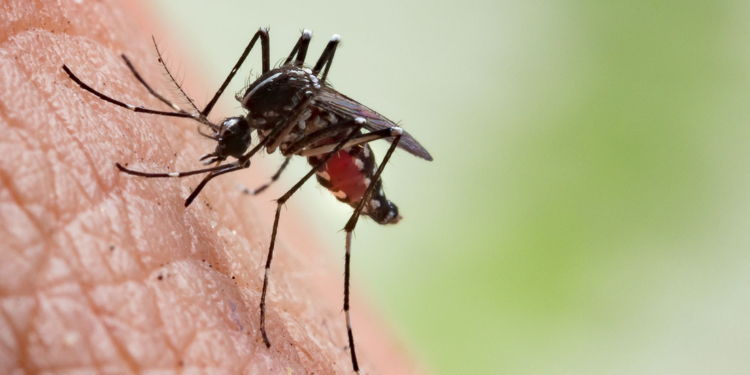Over 75 Civil Society Organizations from Nigeria, Africa and other countries in the world have condemned moves to open the way for the release of genetically modified mosquitoes in Nigeria.
The groups in a press statement warn against introduction of the transgenic mosquitoes (as well as other risky and unproven technologies) into Nigeria as such releases pose serious risks to humans, biodiversity and to ecosystem balance.
The groups noted that presently there is no peer reviewed assessments for these transgenic mosquitos; no international protocols for evaluating their safety implications and the technology is dependent on and controlled by corporate bodies.
According to the Director of HOMEF, Nnimmo Bassey, the said regulatory pathways for genetically engineered vector control of mosquitoes are actually rigged pathways to make our environment the test ground for the risky and needless experimentation.
“From our experience with genetically modified food crops in Nigeria, having the provisions in place to regulate the release of such organisms is equivalent to express permits for their introduction as the agency responsible for this regulation acts more like a promoter of the technology than a regulator. Nigeria must show leadership in the protection of African biodiversity and not allow an agency of government run amok with whatever technologies promoters suggest to it.”
Bassey added that tampering with genetic materials of living organisms is already creating problems in the world with the emergence and spread of zoonotic infections occasioned largely by loss of genetic diversity and habitat losses due to such manipulations.
It was noted that the release of the GM mosquitoes in Burkina Faso is the first open release in Africa. Nigeria has reviewed (in 2019) its biosafety law to include definitions on extreme technologies including gene drives, so as to pave way for their adoption. This review was speedily proposed and approved despite strenuous objections sent by groups including HOMEF, whereas there have been calls over the years to review the law to close existing fundamental gaps which make it impossible for it to serve the interests of the people.
During a virtual meeting of the West African Integrated Vector Management Programme, Rufus Ebegba, who is the Vice Chairman of the Programme and Director of Nigeria’s National Biosafety Management Agency (NBMA) stated that “there is the need to accelerate the development of regulatory pathways for genetically based vector control methods such as transgenic mosquitoes.”
Also, the NBMA held a meeting to review the National Guidelines on the Regulation of Gene Editing where the Director of the agency stated that: “these guidelines are not to impede on the technology but to see how this technology is applied to enhance our economy and to assist the government…”
As such, the groups condemn any move to introduce the transgenic mosquitoes or any other gene edited organisms into Nigeria.
The groups that signed the release are; Health of Mother Earth Foundation (HOMEF)-Nigeria; GMO-Free Nigeria; Corporate Accountability and Public Participation Africa (CAPPA)-Nigeria

